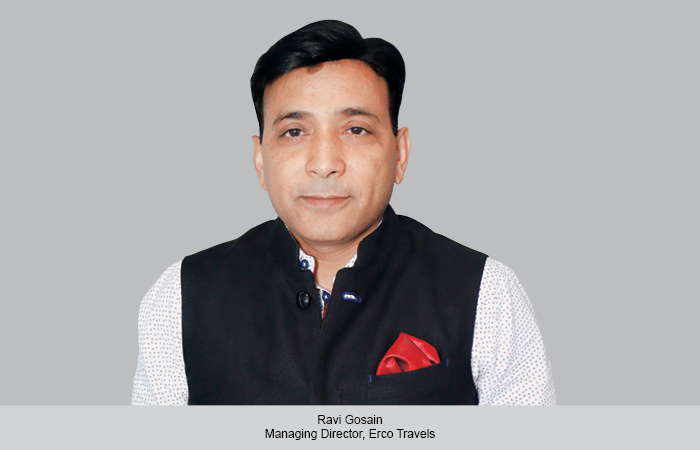India is working with leaders around the globe to decouple GDP growth from emissions of CO2 and other greenhouse gases (GHGs). A report by McKinsey & Company and World Economic Forum reveals India is well placed to stay ahead in technology development.
While the aviation industry contributes less than 1% of India’s total emissions today, aviation is among the fastest-growing sectors of the economy. Indeed, India is on track to become the world’s third-largest aviation market by 2024, up from eighth place today. Aviation’s share of total emissions in India may increase significantly even if power, road transport and other industries make little progress in decarbonisation.
Through the Clean Skies for Tomorrow (CST) initiative, the World Economic Forum has convened an Indian SAF (sustainable aviation fuel) community of private and public institutions with the shared vision of transporting 100 million domestic passengers in India on SAF by 2030 on a 10% blend, which translates to 360,000 metric tons of SAF. India’s total expected domestic need for jet fuel is estimated to be approximately 8 million tons by 2030, flying an estimated 190 million domestic passengers a year.
To be an effective emissions reduction measure, SAF producers must adhere to strict sustainability criteria for feedstock and energy inputs, incorporating strong and transparent certifications throughout the feedstock supply chain. This should include crop-choice and land-use impacts for agricultural feedstocks as well as equity and income considerations for farmers, waste managementworkers and other stakeholders. This should also include careful consideration of waste, residue, and surplus agricultural feedstocks such that any use does not in turn incentivize production of otherwise unsustainable practices or products. Overall, the CST community takes a nuanced yet pragmatic view of viable feedstock sources in line with the UN’s Sustainable Development Goals and sustainable biofuel authorities such as the Roundtable on Sustainable Biomaterials (RSB) and International Sustainability and Carbon Certification (ISCC).
India has a wealth of natural resources and bio-basedfeedstocks and it is already a low-cost producer of solar and wind power at global scale.The nation is well placed to become a global leader in biofuels and e-fuels and to stay ahead of the curve in global technology development.
 TravTalk India Online Magazine
TravTalk India Online Magazine





